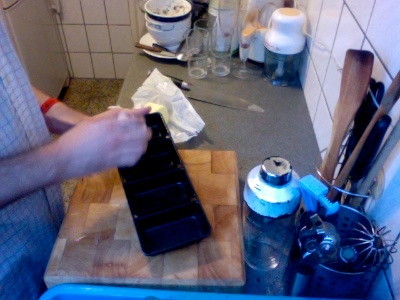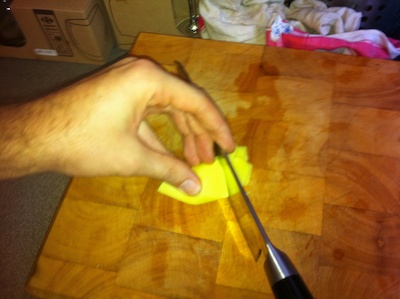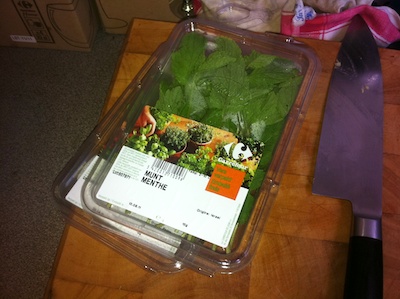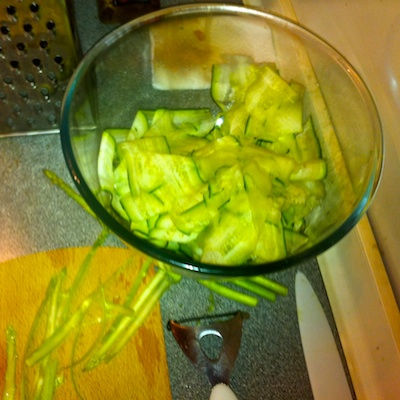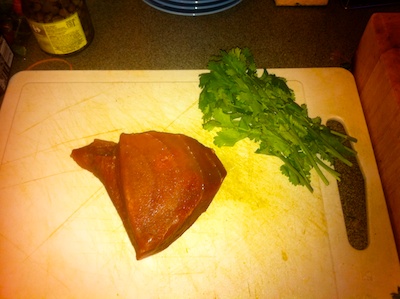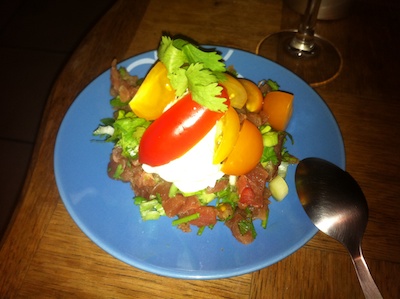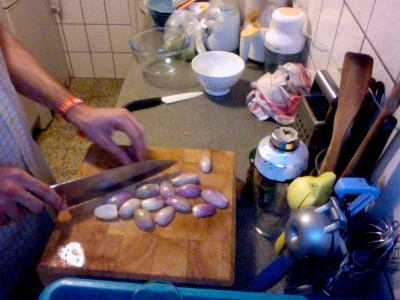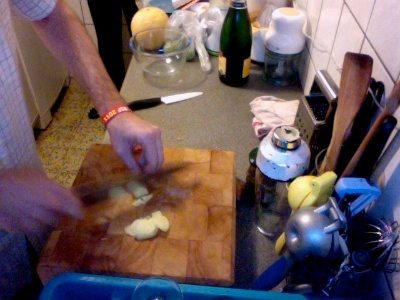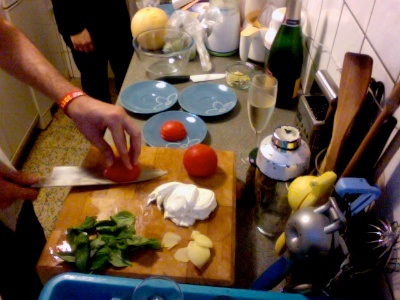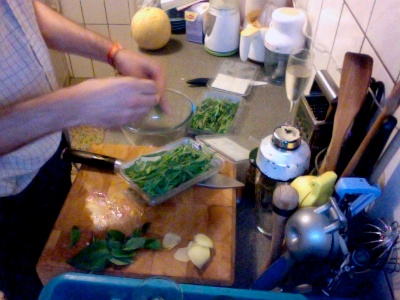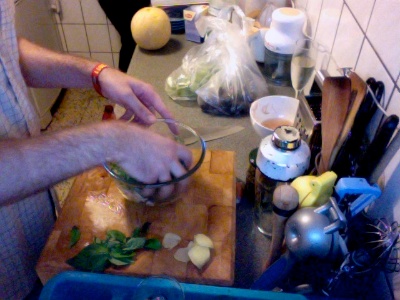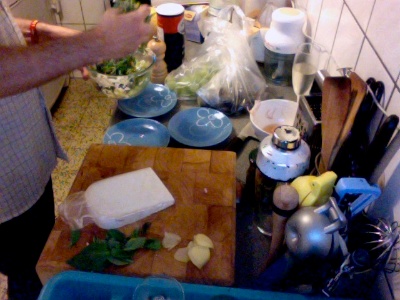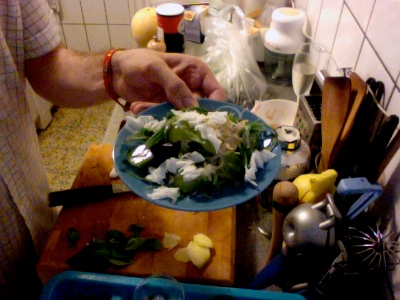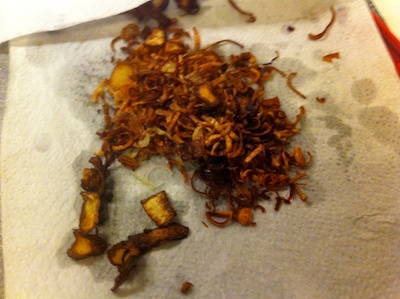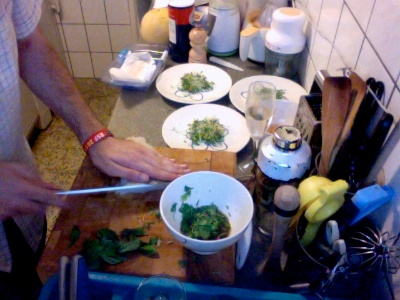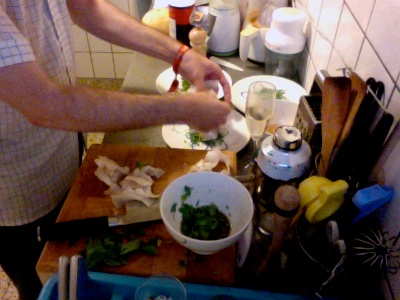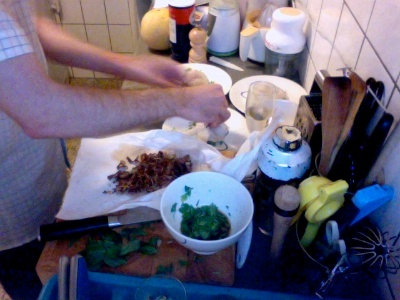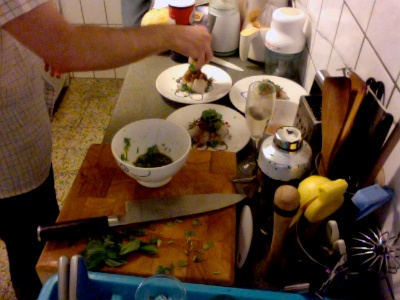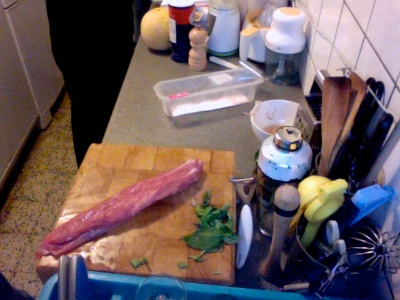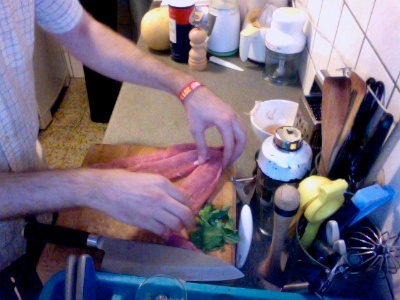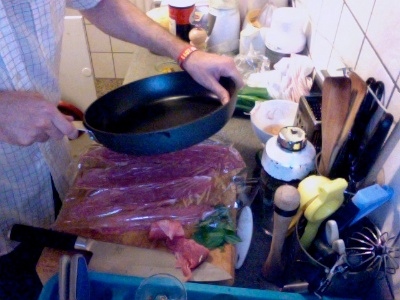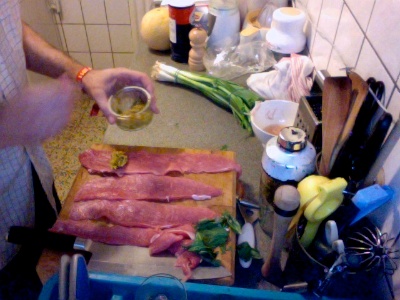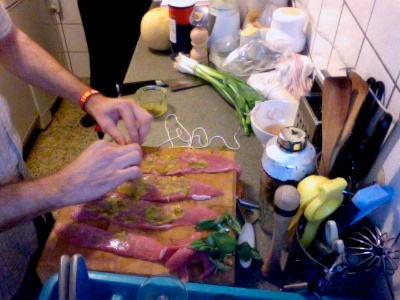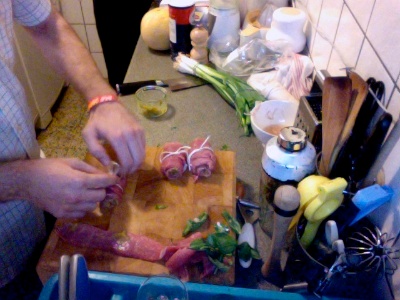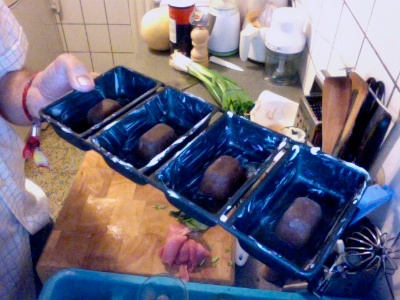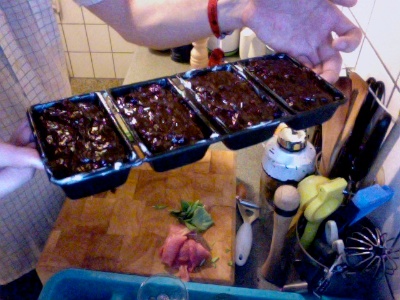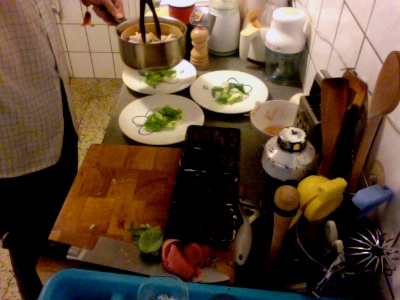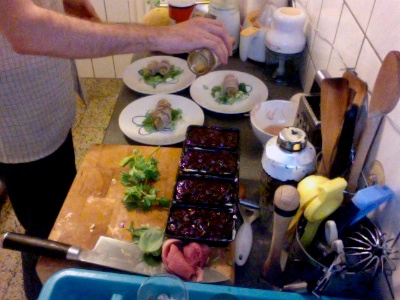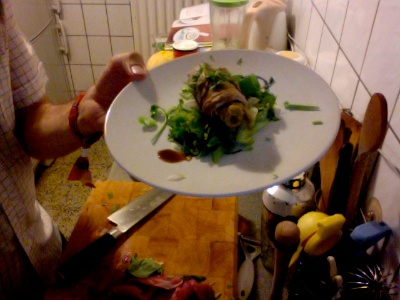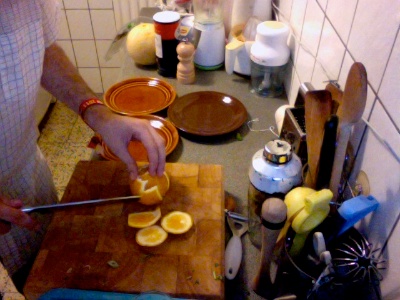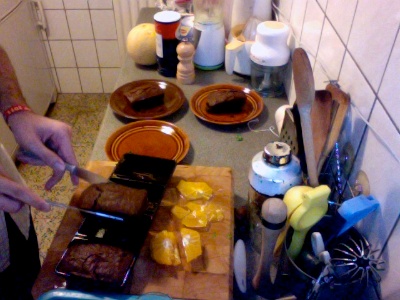How Everything is Going to Shit
 Wednesday, January 4, 2012 at 11:20AM
Wednesday, January 4, 2012 at 11:20AM Two eternal principles of human societies are, first, things tend to get better over time, and second, at any given moment, everyone believes they're getting much, much worse. I'm aware of the contradiction, and try to keep a realistic and optimistic worldview. Sometimes, though, it's really hard.
This morning, for example. I can't sleep, so around 5AM I get dressed, plonk myself on the couch and start watching the last republican debate. (Yeah, I know, big mistake.) A vicious back-and-forth erupts while discussing foreign policy. Asked to clarify how eager she is to start a war against a country of 70 million which has not attacked anyone in the last two centuries, one of the candidates answers, Otherwise, an unspecified number of American lives might be at risk. Oh, we have no choice then. Let's do it. It's nice that waging war is apparently risk-free.
Her opponent counters that there is no evidence, no evidence at all, that Iran is even trying to build a nuclear weapon. And he says it with a straight face, on national television. (I'm assuming. I saw it on YouTube.)
Imagine a world where such clowns are competing for the most important job on Earth. Where both are supported by millions of people, can raise fortunes to help their campaign, are taken seriously by the media and the entire nation. Where both of them already hold political positions of considerable power.
Yup, that's the world we're living in.
I switch to the presumably less retarded realm of economic news, where the debate du jour is about the proper protocol for one senior economist to call bullshit on another senior economist. Sure, that's important.
My father enters the room and hands me today's paper. There's a group photo of what looks like haredi jews wearing the striped-shirts-cum-yellow-star garbs often seen in Europe during the 1940's. A young girl is throwing a timid but well-intentioned Nazi salute while watching the camera. Please, oh please, let this story be about a Guinness World Record for Most Insensitive School Play Ever. Or Dieudonné's latest musical.
It's not. It's a protest by an actual group of Haredi comparing the secular Israeli state's hostility to their ultra-orthodox ways with Naziism's hostility to the existence of Jews. You see, a Jew walking the streets in Nazi Germany might be sent away to die in a labour camp. A Haredi walking the streets in Jerusalem might see a woman. Yeah, I can understand how that's totally the same thing. In a related story, grown men have been publicly rebuked for picketing a girl school, spitting on the pupils and calling them "nazi whores". Those girls are 6 to 8 years-old.
Let me make this absolutely clear: those concentration-camp-reenacters are not protesting the spitting-on-8-year-old-girls guys. They are the spitting-on-8-year-old-girls guys. They're protesting the rebuke that followed their spitballs, because they feel it's a totally inappropriate reaction to their completely reasonable spiritual lifestyle, which happens to involve standing outside schools shouting insults at 8 year-olds. I disagree. I think a rebuke is an entirely appropriate response. So is a baseball bat, thumbscrews or any combination of slick Krav Maga moves like they apparently do down there. You know what would be inappropriate ? Forcing them into one of those medieval sarcophagi, you know, the kind with all the nails on the inside, whaddya-call-'em?… Yeah, iron maidens, that's the name. Yes, that would be inappropriate. Definitely an overeaction. Somewhat.
Anyway…
Below this abomination, two Israeli academics debate the relation between faith and secular law in their country. The phrase "a small but vocal minority of religious fascist nutjobs" is conspicuously — and depressingly — absent.
I turn the page, thinking things can hardly get any worse. There's a photo of what can only be a female version of a Jesus-on-the-cross statue. I mean, that can't possibly be an actual, living, breathing human being. No way anyone does such a thing.
Uh, yes way: "Found in the cave where she'd been imprisoned, starved and tortured for her five-month long marriage, 15-year old Sahar Gul…"
OK, I give up. I just don't care anymore. I throw the paper towards a dark corner, very far away, switch to Youtube and search for "cat".
I know these are times of good resolutions, and many of you are probably pledging to exercise more, drink less, be more punctual, whatever… For my part, I mostly wish I could read less news.
Addendum: I wrote this while the first votes in the process that will eventually determine the next leader of the free world were being counted. The result: a shameless mannequin tied with a man who believes that mutually consenting adults do not have a right to privacy. "Land of the Free" indeed. The only sane and principled candidate scored 0.6%.






















